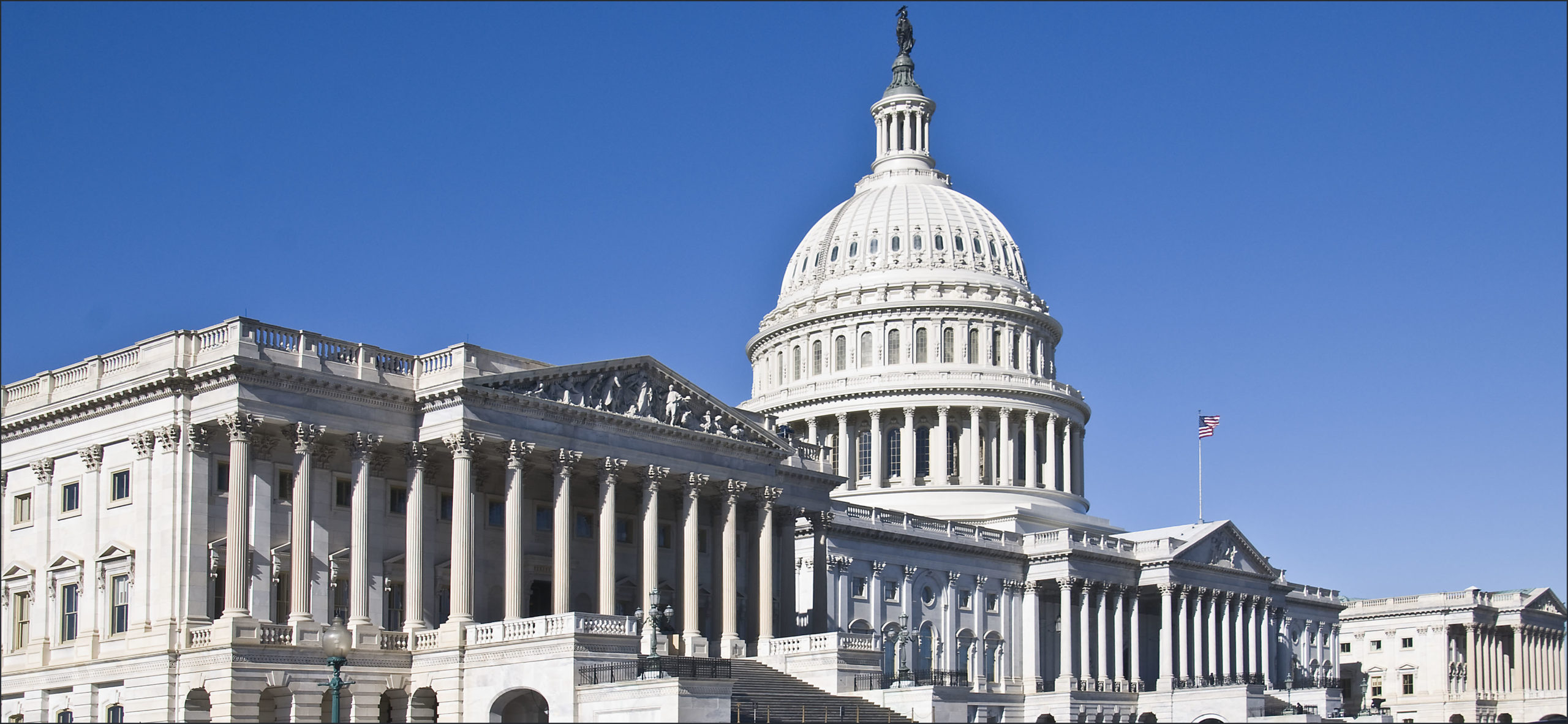AFA Applauds Passage of the NDAA, Urges Congress to Protect Readiness with Steady Funding
December 20, 2024
ARLINGTON, Va., Dec. 20 2024 — The Air & Space Forces Association applauds the overwhelming bipartisan support for the fiscal 2025 National Defense Authorization Act and urges Congress to reach agreement on a stopgap spending measure to keep the government funded and protect U.S. military readiness.
The Senate on December 18 approved the 1,800-page NDAA with a vote of 85-14, sending the legislation to President Biden for signature. The annual defense policy measure advances several of AFA’s legislative priorities, including a substantial pay increase for junior Airmen and Guardians, increased personnel and authorities for the U.S. Space Force, and prevention of significant cuts to the Air Force’s fighter fleet, which is already the oldest and smallest in its history.
However, Congress must still pass a spending bill or a temporary measure to keep the government funded by December 20 to avoid a government shutdown. Over the past 27 years, Congress’ failure to pass budgets has resulted in more than 3,800 days of continuing resolutions — 10 1/2 years, in fact.
“AFA applauds Congress for passing the NDAA, necessary legislation that allows our Department of the Air Force to continue optimizing for great power competition,” said AFA President & CEO Lt. Gen. Burt Field, USAF (Ret.). “However, the constant budget instability has a dire impact on the Air and Space Forces’ overall readiness. While we are grateful to Congress for passing the NDAA, government shutdowns and continuing resolutions delay the urgent modernization programs our nation needs. It also wastes hundreds of millions of dollars annually.”
AFA legislative initiatives that advanced in the 2025 defense policy bill include:
Significantly Increased Pay for Junior Airmen and Guardians
The Air & Space Forces Association expressed its deep concern about the level of compensation paid to service members, especially junior enlisted personnel.
“Military recruiting has suffered significantly over the past two years, and one clear factor is pay,” we wrote to legislators in September. “Our nation’s armed services are not competing effectively against civilian employers that are increasingly offering competitive pay without requiring of their employees the 24/7 commitment and potential risks to life and limb our nation asks of our Soldiers, Sailors, Airmen, Guardians, Coast Guardsmen, and Marines.”
The NDAA authorizes a 4.5 percent pay raise for service members across the board beginning Jan. 1, marking the third straight annual raise over 4 percent. Junior Enlisted paygrades up to E-4 will receive an additional 10 percent, for a total raise of 14.5 percent, starting April 1— the first raise targeted to specific grades in decades.
Increased Personnel Strength and Authorities for the U.S. Space Force
AFA asked Congress to increase the Space Force’s personnel endstrength to enable the service to better combat emerging threats, citing growth in existing missions from launch to satellite operations, as well as new mission areas such as tactical surveillance, reconnaissance, and tracking. The 2025 NDAA authorizes an additional 400 Space Force billets, for a total of 9,800 Guardians.
Even with this additional manpower, the Space Force remains incredibly lean. The integration of commercial space services and capabilities into the force will allow the Space Force to maintain our nation’s advantage in space. AFA asked Congress to increase funding that would allow for private investment in Space Domain Awareness, Space Mobility & Logistics, and Tactical Surveillance, Reconnaissance & Tracking products and services.
The 2025 NDAA establishes the Commercial Augmentation Space Reserve (CASR), giving the Space Force the authorities it needs to better work with private space companies. The policy bill also requires an annual briefing on the Space Force’s Commercial Space Strategy.
Recapitalize the Air Force’s Fighter Fleet
AFA asked Congress to increase the number of F-15EXs, saying demand for Air Force aircraft currently exceeds the availability of those aircraft. Congress authorized six additional F-15EX fighter jets, bringing the total procurement number to 24.
The NDAA does allow the Air Force to divest 56 A-10 close air support aircraft, 36 F-15Cs, and three F-16s, but it blocks or slows down divestment of other fighters, such as the F-15E and F-22.
“Our mission is to promote dominate U.S. Air and Space Forces as the foundation of a strong National Defense, and we will not stop fighting to ensure combat readiness in air, space, and cyberspace,” Field said.
About AFA
The Air & Space Forces Association is an independent, non-profit 501(c)3 association dedicated to advocating for investment and support for the U.S. Air Force and U.S. Space Force, and for supporting Airmen, Guardians, and their Families. Founded in 1946, AFA is the single largest entity of its kind focused on air and space power. With more than 120,000 members and 200 chapters spread around the world, our mission is to promote dominant U.S. Air and Space Forces as the foundation of a strong National Defense; to honor and support Airmen, Guardians, and their Families; and to remember and respect the enduring heritage of the Air and Space Forces.
